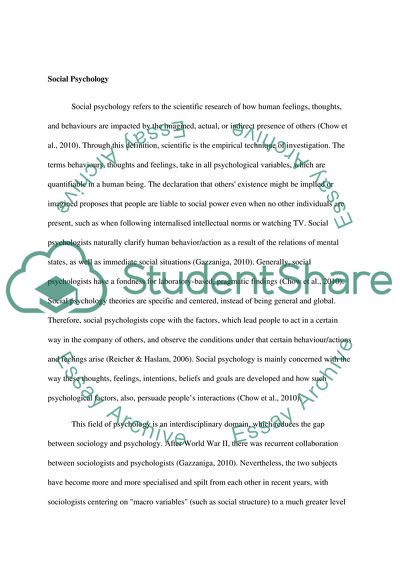Cite this document
(“Social Psychology versus Biological Psychology Term Paper”, n.d.)
Social Psychology versus Biological Psychology Term Paper. Retrieved from https://studentshare.org/psychology/1637762-compare-and-contrast-social-psychology-versus-biological-psychology
Social Psychology versus Biological Psychology Term Paper. Retrieved from https://studentshare.org/psychology/1637762-compare-and-contrast-social-psychology-versus-biological-psychology
(Social Psychology Versus Biological Psychology Term Paper)
Social Psychology Versus Biological Psychology Term Paper. https://studentshare.org/psychology/1637762-compare-and-contrast-social-psychology-versus-biological-psychology.
Social Psychology Versus Biological Psychology Term Paper. https://studentshare.org/psychology/1637762-compare-and-contrast-social-psychology-versus-biological-psychology.
“Social Psychology Versus Biological Psychology Term Paper”, n.d. https://studentshare.org/psychology/1637762-compare-and-contrast-social-psychology-versus-biological-psychology.


